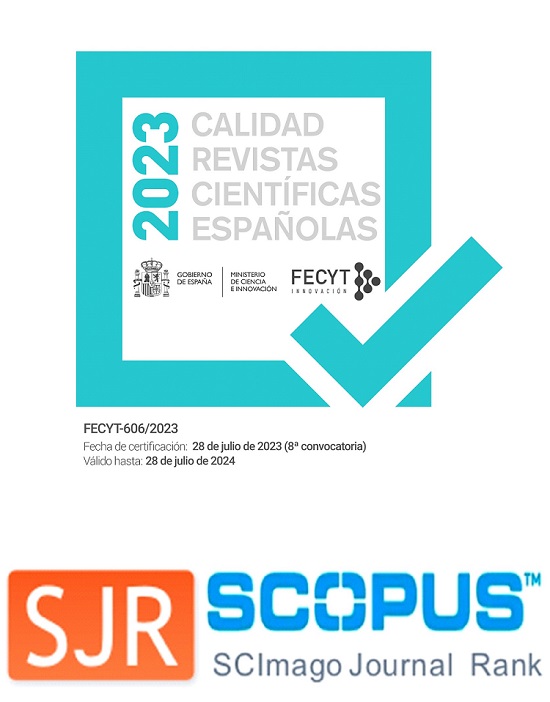The 15th century’s conciliar thought: between universitas and persona ficta
Keywords:
ecclesiology, conciliarism, universitas, persona fictaAbstract
The context of the 14th and the Western Schism of 1378 helped to shape the development the “conciliar idea” through the use of different ecclesiological languages (Aristotelian, Nominalist and Juridical). The values of medieval corporations seemed to pervade most of the political and ecclesiastical communities. The frame of this corporation language was a selective use of some texts of Roman law that enabled jurists to explain“sovereignty” would not exist in a physical person but in a persona ficta, a community, a congregation or a concilium. The interest of jurists in corporations allowed them to emphasize that jurisdiction resided not in the caput but in all their members. One of the most important aims of this text is to recover some aspects of Yan Thomas’ work on personae fictae, in order to show some misconceptions about this topic had a very strong impact over medieval historiography.
Downloads
Downloads
Published
How to Cite
Issue
Section
License
Creative Commons Reconocimiento-NoComercial-SinObraDerivada 4.0 España (CC BY-NC-ND 4.0 ES)



